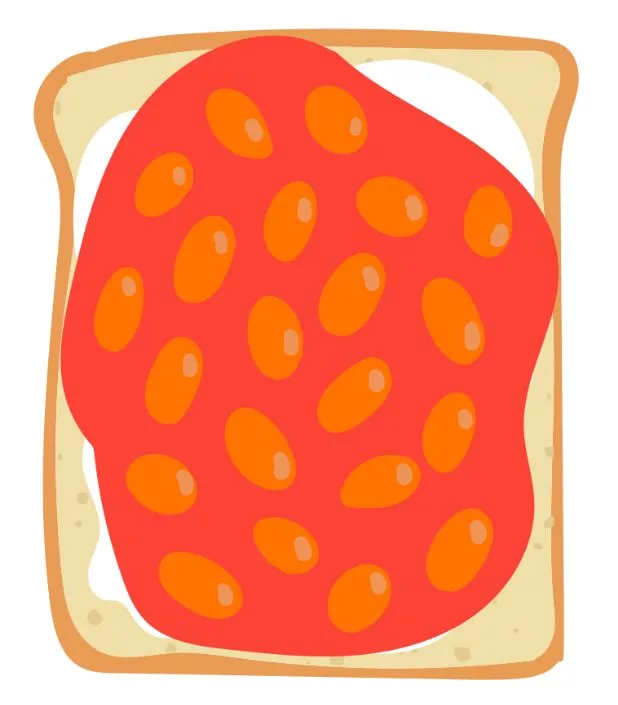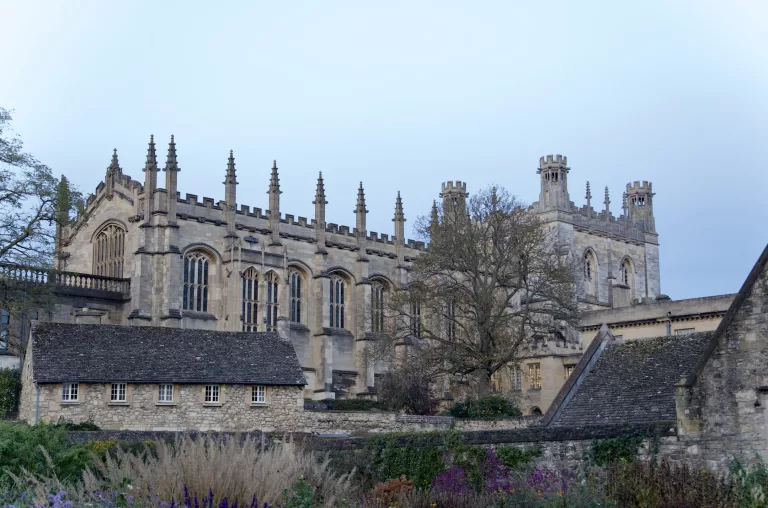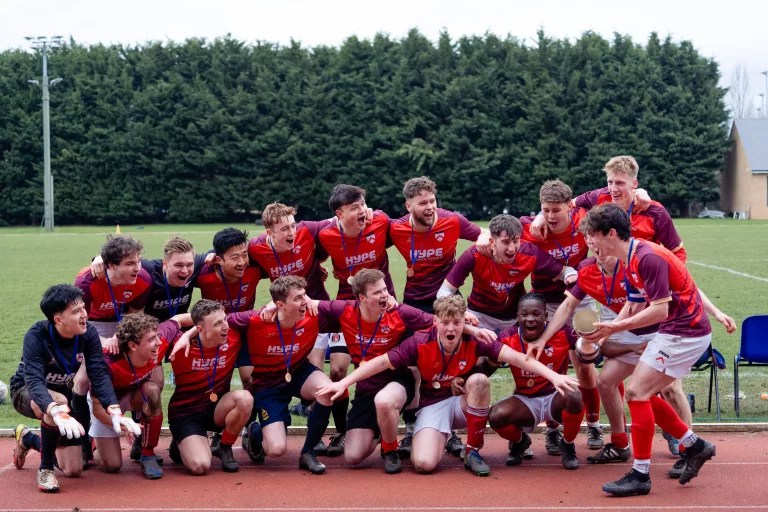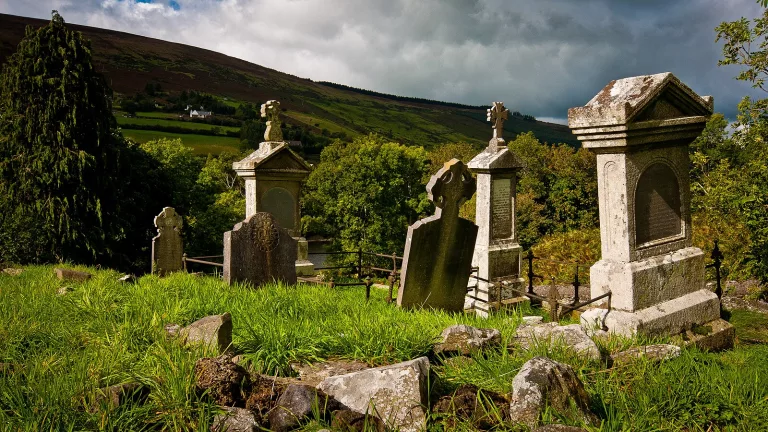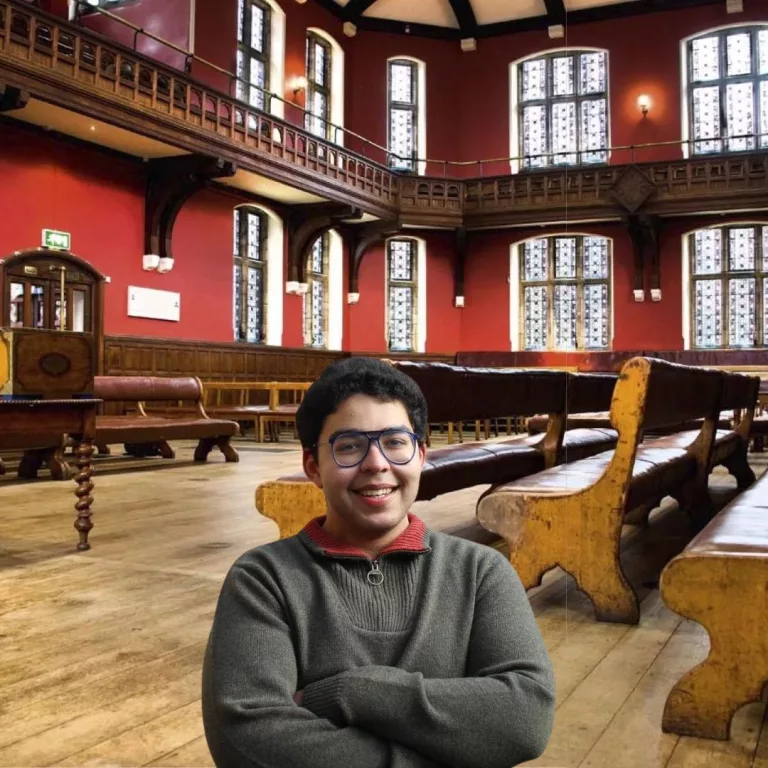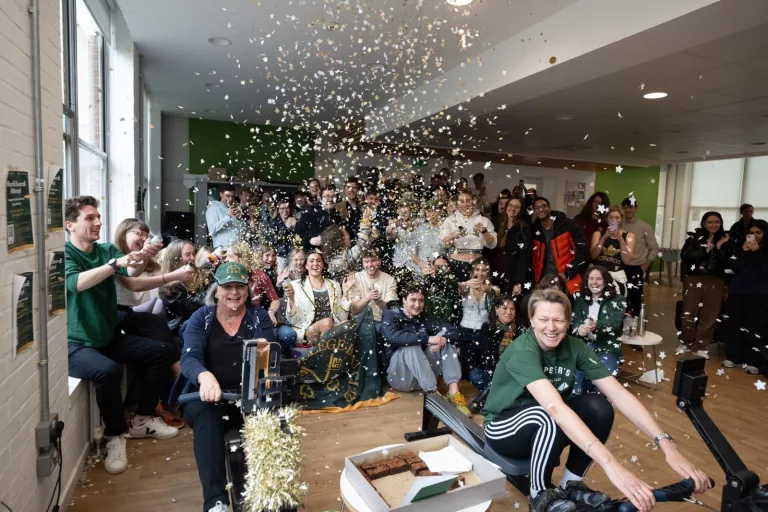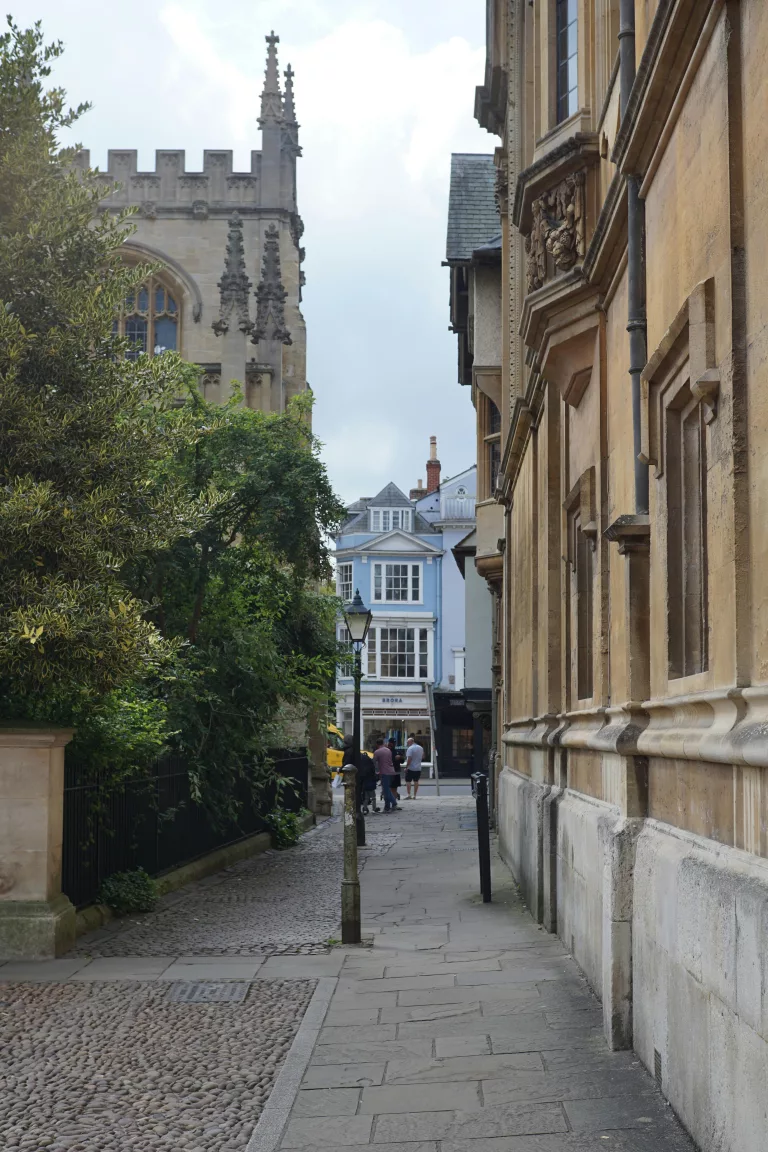Breakfast is a neglected meal. Your average cookbook doesn’t even go there, and most food influencers will only occasionally create complex cooked numbers ‘to cure that hangover’: this is a mission for which their shakshuka will never receive a call up.
But breakfast, that is the actual food that people eat on a daily basis, is a neglected meal for good reason. Is it unfair to expect reasonable people to spend more than five minutes on breakfast in the morning, and dirtying a pan? Even more so. Breakfast ideas that are fast, cheap, repeatable, healthy, and tasty are hard to come by, and their scarcity is down to the fact that there just aren’t that many. If you’re not a fan of oats, or eggs are off the table, tough luck.
The criteria might seem too restrictive, the brief too exacting, but there is a solution. It comes in the form of what must be described as mashed beans on toast, a suitably unglamorous title for this workhorse of a meal, but one that belies its sophistication. It isn’t just the ingredients here, but the process too that makes this a practical option that I turn to most days. To keep from getting bored, this recipe can be adapted depending on what you have, and what you’re in the mood for, but the basic elements remain.
Start by using a fork to remove around a third of a can of cannellini beans into a small bowl – the rest can go in the fridge for following mornings – and optionally a handful of frozen peas for colour and variation. Put the beans and the peas in the microwave until the liquid they produce is nearly boiling, or just very hot, it doesn’t really matter. In the meantime, toast a slice of bread. I go for half of a hunk of sourdough (the loaves sold at Jericho Cheese Company in town, and Hamblin in Iffley are excellent for a treat) but rye, or any other bread will do. I cut and freeze my bread beforehand so that it doesn’t go stale, and I can transfer a slice from freezer to toaster without creating any washing up.
Once the beans are finished in the microwave, take the fork from earlier and use it to roughly mash into a spreadable consistency, or however you like it. You might need to pour off some liquid if the peas give out a lot of water. I always add lemon juice or another acid to the beans, and a bit of nutritional yeast if I want it a little thicker and richer. Once your toast is done and doused with as much extra virgin olive oil as you can justify, pile the beans on top – don’t worry if the beans go over the side, this will be eaten with a knife and fork.
The toppings are where you can get creative. Salt is a must, but aside from that anything goes. Nuts and seeds add a lot texturally, and this is a perfect time to use any herbs or leaves that might otherwise be dying in the fridge. More good olive oil and nutritional yeast go a long way, and you could also add chilli flakes, sumac, or any hot sauce to contrast with the relatively savoury bread and beans. Now is also the moment to use any ferments or pickles you might have or have made. Not only will your microbiome thank you for it, but keeping the base fairly plain means you can appreciate their strange and complex flavours to the fullest extent.
At first blush, this breakfast may seem like a jumped-up beans on toast with ideas above its station, but the process here makes hot, healthy, varied, and delicious food every morning a distinct possibility. If you get fast at it, you can brew a coffee to have alongside. I’m yet to think of a better way to start each day.


